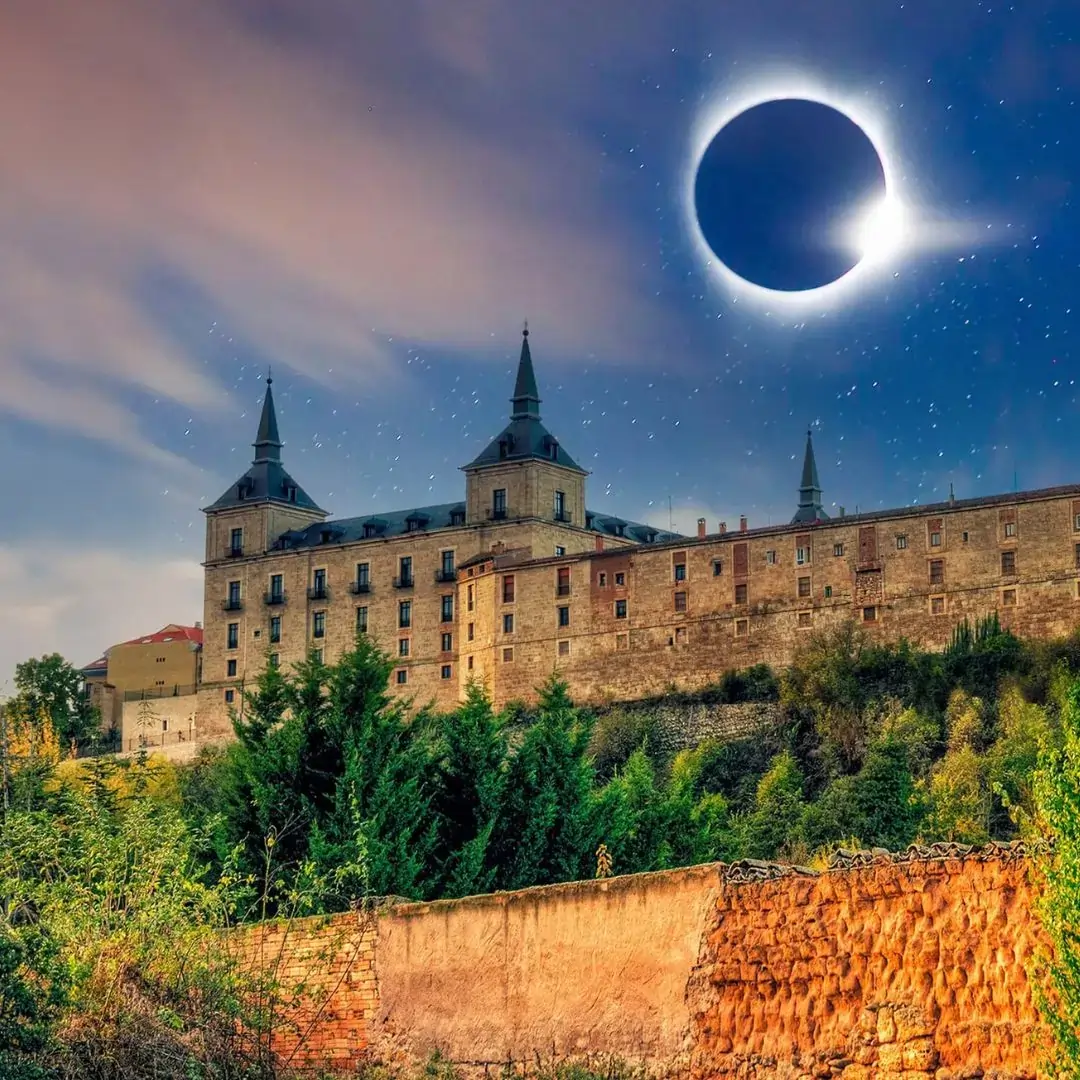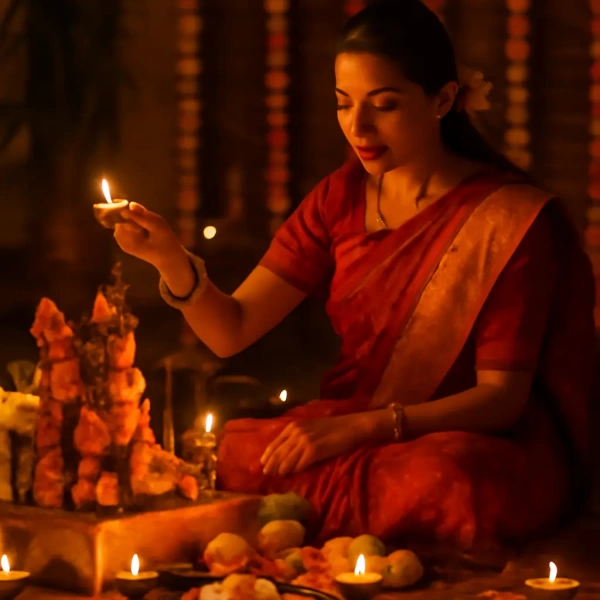Introduction: A Rare Celestial Event with Spiritual Significance
The Partial Lunar Eclipse on 1 August 2026 will be more than just a breathtaking sight in the night sky—it will also hold deep spiritual and astrological importance in Hindu tradition. For believers, this event marks a period when cosmic energies shift, prompting both reverence and caution.
In Vedic culture, the period surrounding an eclipse is considered sensitive, especially for spiritual practices and daily household activities. This is where the concept of Sutak comes into play. By understanding its timings and rules, you can align yourself with tradition while ensuring your family’s well-being.
Eclipse and Sutak Timings for 1 August 2026
Eclipse Details:
- Type: Partial Lunar Eclipse
- Date: Saturday, 1 August 2026
- Visibility: Visible in India and several parts of Asia, Europe, and Africa
Key Timings (IST):
- Eclipse Begins: 10:48 PM
- Maximum Phase: 11:34 PM
- Eclipse Ends: 12:20 AM (2 August)
Sutak Period:
- Starts: 10:48 AM (12 hours before eclipse begins)
- Ends: 12:20 AM (after eclipse ends)
Understanding Sutak: Why It Matters
In Hindu dharma, Sutak is a period of spiritual precaution observed before and during an eclipse. It is believed that during this time, the environment is charged with unusual cosmic vibrations, which can influence both the body and the mind. Consequently, people adopt certain restrictions to safeguard health, purity, and spiritual energy.
Household Dos During Sutak
Following the right practices during Sutak ensures that you remain in harmony with traditional beliefs and maintain positive energy at home.
What You Should Do:
- Engage in Chanting and Meditation – Focus on mantras like “Om Namah Shivaya” or “Om Namo Bhagavate Vasudevaya” to purify your mind.
- Cover Food and Water – Prevent the absorption of negative energies by placing tulsi leaves in edibles and drinks.
- Take a Pre-Eclipse Bath – Purify your body and prepare for a spiritual state of mind.
- Perform Charity – Donate essentials such as food, clothes, or money before the eclipse to invite blessings.
- Observe Silence (Maun Vrat) – Minimize unnecessary speech to conserve spiritual energy.
Household Don’ts During Sutak
Just as certain actions are encouraged, others should be avoided to maintain spiritual balance.
What to Avoid:
- Cooking or Eating Fresh Food – Prepare meals before Sutak begins; avoid cooking during the period.
- Religious Ceremonies – Postpone pujas, weddings, or auspicious beginnings until after the eclipse.
- Sleeping – Traditional belief discourages sleeping during an eclipse.
- Touching Idols – Avoid direct contact with temple murtis or home shrines during Sutak.
- Unnecessary Travel – Refrain from stepping out unless absolutely necessary.
Post-Eclipse Rituals
Once the eclipse ends, devotees follow a few cleansing and purifying steps to restore normalcy.
After Sutak Ends:
- Take a bath to remove any residual negative energy.
- Clean the home and puja area thoroughly.
- Prepare fresh food and offer it first to the deity before consuming it.
- Resume all postponed activities and rituals.
Spiritual Perspective on Eclipses
While the scientific explanation of a lunar eclipse focuses on the Earth’s shadow falling on the Moon, the spiritual interpretation views it as a time for self-reflection, mantra chanting, and inward focus. Instead of fearing the eclipse, you can treat it as a divine reminder to pause, cleanse, and align your life with positive energies.
Conclusion: Respect the Cosmic Rhythm
The Partial Lunar Eclipse on 1 August 2026 is not just a visual wonder—it’s a moment when tradition, astronomy, and spirituality intersect. By following the Sutak guidelines, observing mindful practices, and avoiding prohibited actions, you honor both cosmic laws and cultural heritage.
When the Moon dims that night, let your inner light shine brighter through devotion, discipline, and awareness.


